Qabas for Culture and Development is an Iraqi NGO dedicated to cultural and developmental work inspired by the guidance of Grand Ayatollah Sayyed Ali Al-Sistani. In this interview, Sheikh Tareq Al-Baghdadi, supervisor of the institution, discusses its vision, activities, and goals.
What is the vision of the institution?
Our work rests on two pillars: cultural and developmental. On the cultural level, we spread authentic Islamic culture based on the teachings of the Ahlulbayt (peace be upon them), while countering distorted or foreign ideas that threaten our identity. We believe true human dignity is realized through their guidance, as they are the continuation of the Prophet (peace be upon him and his family) and the equals of the Holy Quran.
What about the developmental axis?
Iraq has a predominantly young population, with over 50% classified as youth. This is both a challenge and an opportunity. We focus on developing capable elites who can represent Islamic culture accurately, guide society, and counter false narratives. For us, the crisis in Iraq is largely a crisis of cultural leadership, and building strong leaders is essential.
Why focus so heavily on the Arbaeen pilgrimage?
Arbaeen is one of the largest gatherings in the world, with millions attending. It offers a unique opportunity to deliver not only food, shelter, and hospitality, but also intellectual and spiritual nourishment. Pilgrims are often at their peak in terms of spiritual readiness, making them highly receptive to cultural and moral messages. We believe it is the best setting to communicate the values of Imam Hussain (peace be upon him).
Why such attention to children?
Children are the most vulnerable to external influences that seek to erase their identity. We emphasize proper upbringing that starts even before birth, through family choices and Islamic values. One of our initiatives, “The Little Preacher”, involves seminary students teaching children prayer, ablution, and good manners during the pilgrimage. This ensures that children grow up with a foundation in faith, ethics, and community responsibility.
How does the institution view women’s role?
Women make up a large part of society and shape families and communities. If guided correctly, their influence extends to the whole of society. Islam grants women rights and respect as daughters, wives, and mothers, and our institution encourages them to participate actively in education, culture, and social life while maintaining modesty and faith.
What about art and literature?
We believe art and literature can be powerful tools if used responsibly. Poetry, theater, painting, and storytelling can all support moral awareness and the Hussaini cause. For this reason, we established a center dedicated to arts and literature, ensuring they are used to educate, inspire, and strengthen cultural identity.
How do you approach those with different beliefs?
Our method follows the guidance of Grand Ayatollah Al-Sistani: engage with respect, logic, and calm dialogue. Iraq is a diverse country, and we believe in coexistence without provocation or hostility. As Imam Ali (peace be upon him) said, “People are either your brothers in religion or your equals in humanity.” This principle guides our outreach.
What distinguished this year’s cultural season?
This was the ninth cultural season, and it was marked by expansion. We increased the number of cultural service sites to 80, double from previous years. These centers provided pilgrims with educational programs, awareness activities, and guidance inspired by the Hussaini message.
Do you plan to expand activities outside Iraq?
It is possible in the future, but our priority remains Iraq. The needs at home are vast, and the domestic field requires focused work. However, we do maintain links with believers abroad, and their support and engagement encourage us.
Interview by: Abbas Najm Al-Taie



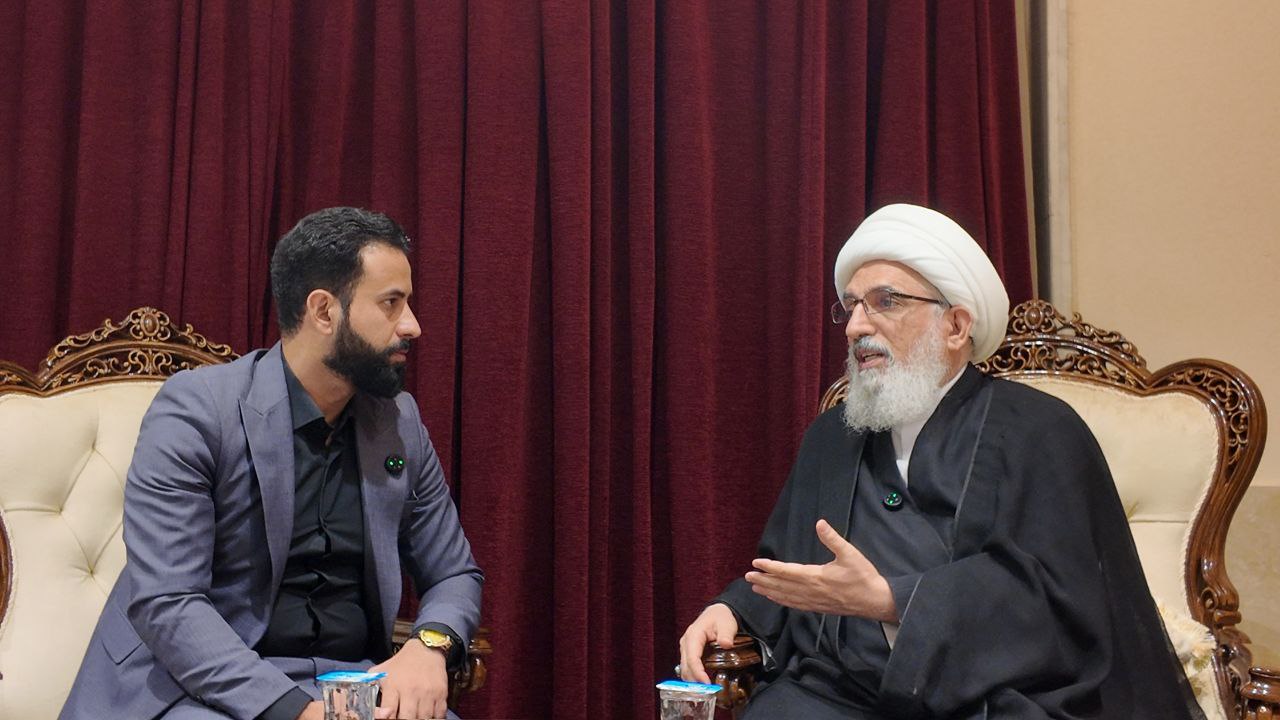
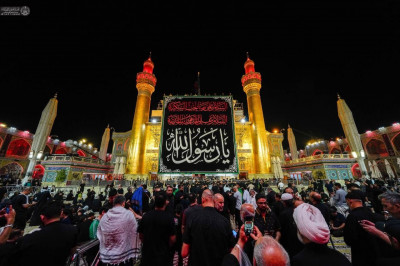
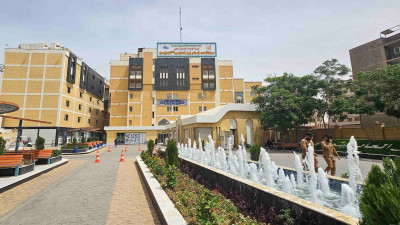
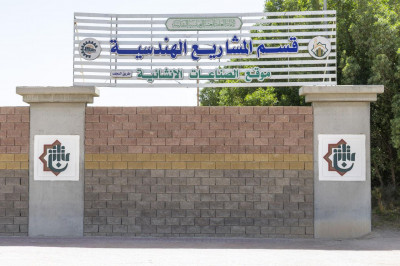
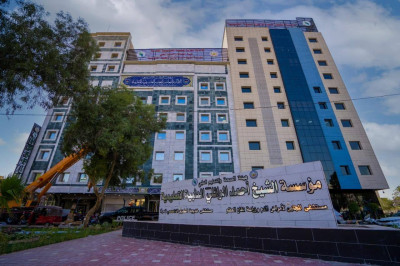
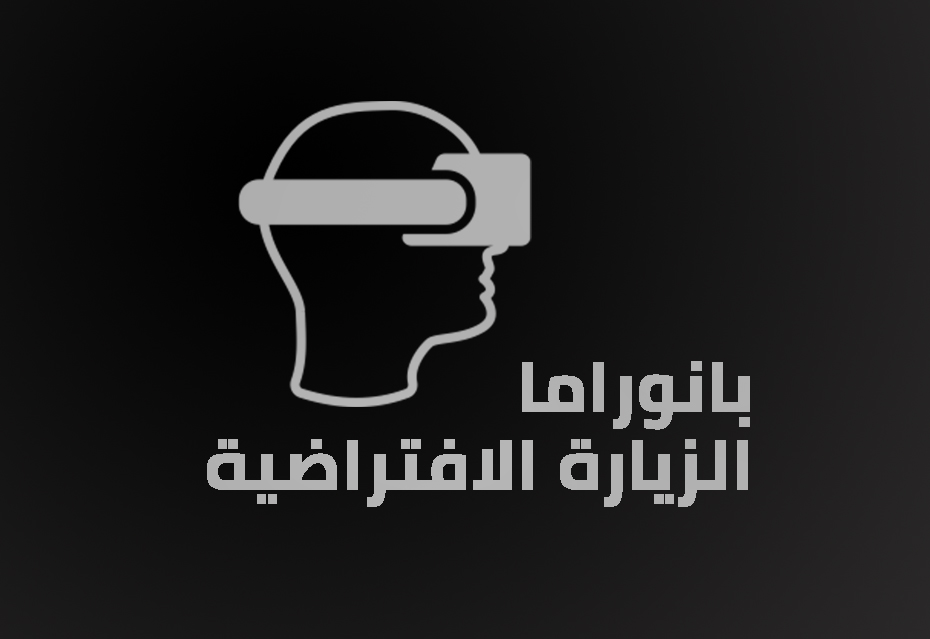
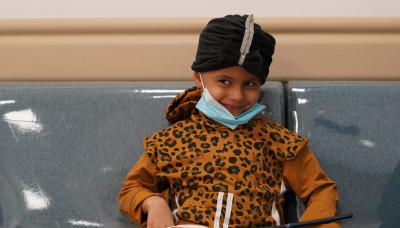
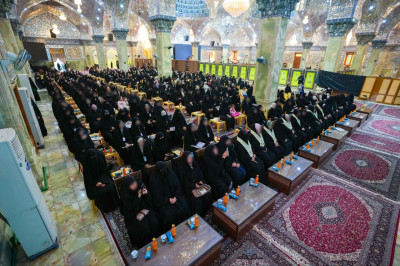
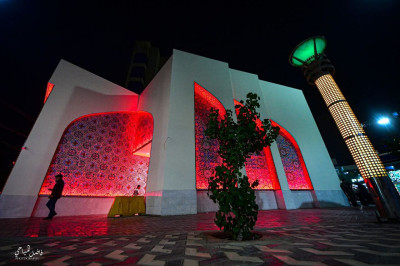
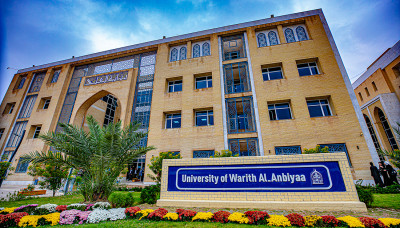

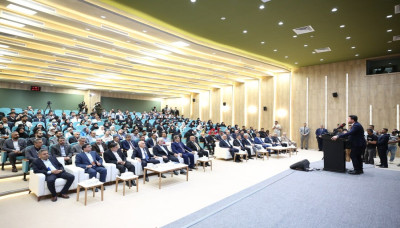
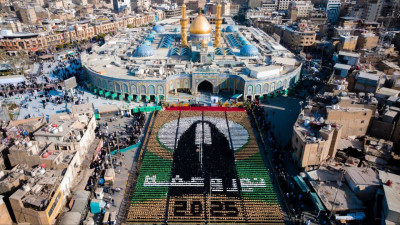
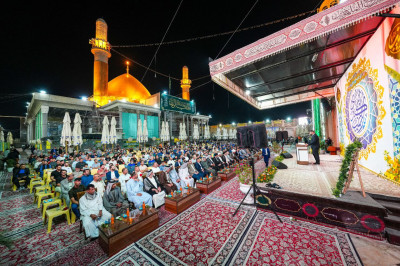
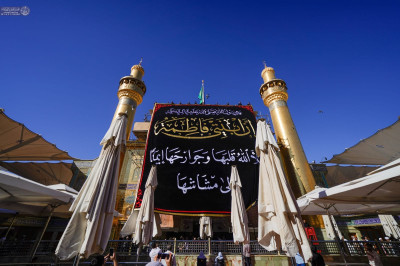

اترك تعليق